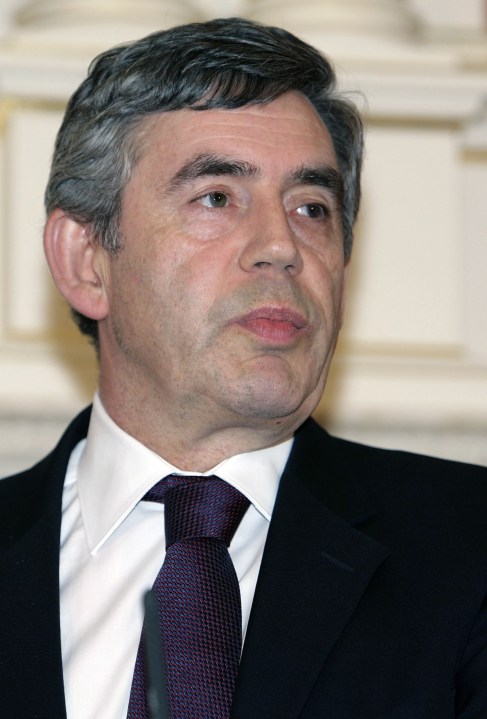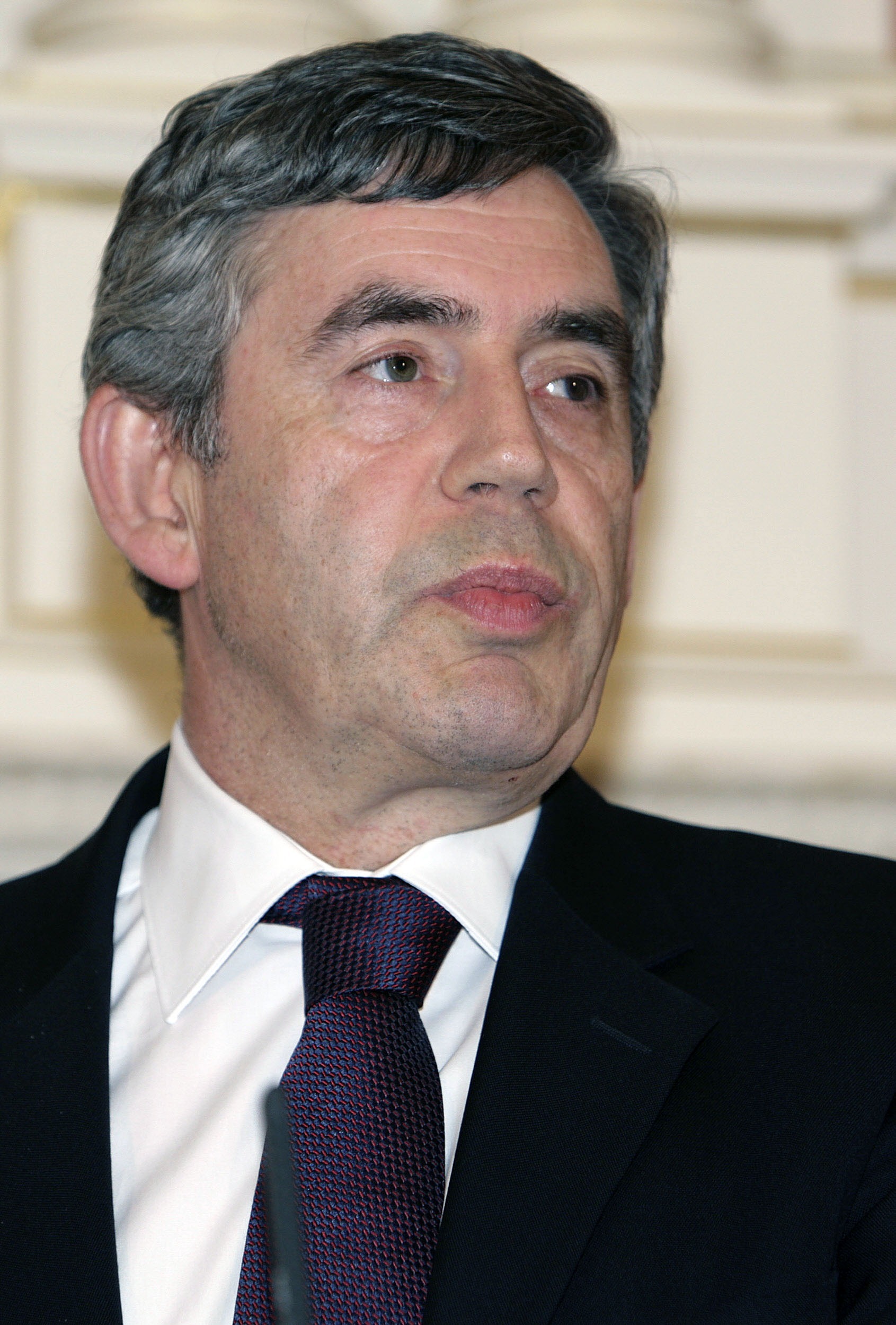 Both Che Guevara and Thatcher declared they were for “reform”, so Brown saying it means nothing in itself. His definition of reform is “personalisation” which, as far as I can make out, is 180 degree opposite to Blair’s idea of reform.
Both Che Guevara and Thatcher declared they were for “reform”, so Brown saying it means nothing in itself. His definition of reform is “personalisation” which, as far as I can make out, is 180 degree opposite to Blair’s idea of reform.
One of the best (and shortest) think tank pamphlets I’ve read in a while is “Who do they think we are” by the Centre for Policy Studies. Jill Kirby argues that Brown’s “personalisation” means a mass computerisation of the state, making this behemoth survive into the 21st century by modernising Whitehall departments rather than dismantling them. When Brown talks about personalising the health and education experience, he wants to do via the state what Blair wanted to do via the market. This is the crucial difference between their definitions of “reform”.
Blair realised after 2001 that the state didn’t work and wanted to crack health and education provision. He was on the right path, and did more than Thatcher to put it right. But Labour stopped him. It’s a strange world, that of public service reform, and Brown’s massive reactionary moves go unnoticed because so few understood what Blair was up to in the first place. So I rely on two sources: Reform, the think tank, and the peerless Nicolas Timmins of the FT. Their work shows how Brown has cut down the Blair reforms denying them critical mass to grow on their own. We should judge him by his actions, rather than by the fact that he used the word “contestability” in evidence to the Liaison Committee last December.
This is why I remain highly sceptical of the idea that Brown has swallowed Blairism. Brown realising his No10 team isn’t working is one thing. Brown accepting that Blair was right and the state doesn’t work would require a Pauline conversion – the sort of which I consider him incapable. Brown turns 57 next week. Men of his age simply don’t walk the road to Damascus.








Comments